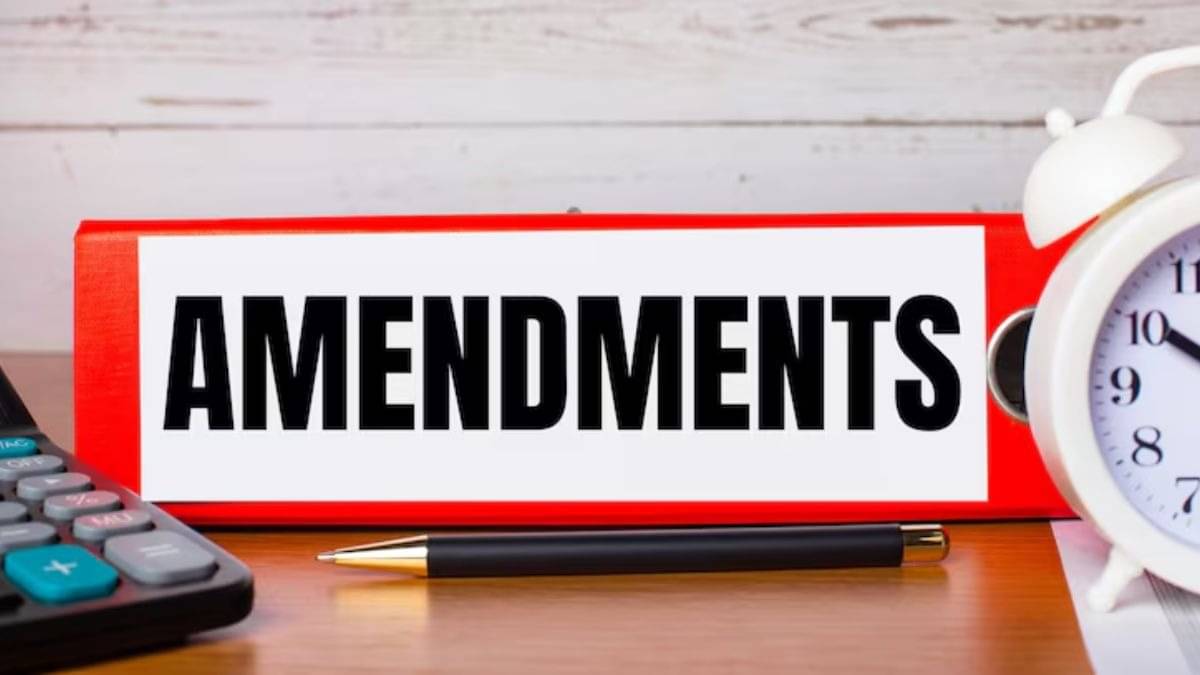Major Overhaul Expected In Insolvency and Bankruptcy Code Before Winter Session of Parliament | Image:
Republic
India’s key law for handling bankruptcies might be in for a big update soon. Sources indicate that the Insolvency and Bankruptcy Code (IBC), which is the country’s main framework for resolving corporate debts and insolvencies, could face significant revisions right before Parliament’s Winter Session commences.
This session usually starts in late November and lasts about a month. The push comes from business leaders who want changes to rules on “related parties” and family ties, aiming to make it easier to wrap up deals and boost the “ease of doing business” in India.
History of IBC Amendments and What’s Coming Next
Since its introduction in 2016, the IBC has seen six major updates to keep it effective. But this time around, the 2025 IBC Amendment Bill might pack the sweeping changes yet, based on insider info.
With industries calling for fixes to parts of the law that are bogging down the process, there’s a real buzz about speeding things up. For example, one hot topic is Section 29A, which bars company promoters (the people who run or own the firm) and their blood relatives from joining insolvency proceedings, even if those relatives have no direct business link to the promoter. Many in the sector say this needs rethinking to let family members step in for resolutions.
Breaking Down IBC’s Section 29A: Who Can’t Bid in Bankruptcy Cases?
Section 29A of the IBC is basically a safeguard rule. This section is essentially a list of people who are deemed ineligible to submit a resolution plan (or bid) for a company undergoing insolvency.
The core purpose of Section 29A is to prevent promoters or owners who were responsible for the company’s financial default, the “bad actors”, from regaining control of the business at a discounted price via the insolvency route.
The groups currently barred from participating include:
- The promoters or owners of the insolvent company, if they were responsible for the default.
- Anyone labeled as a “wilful defaulter” (someone who deliberately avoids repaying loans despite having the means).
- Individuals barred from trading in securities markets.
- Certain “related parties,” which include close family members and blood relatives of the promoters.
Industry experts and corporate groups are strongly advocating for a revision, particularly concerning the automatic inclusion of blood relatives as “related parties” under Section 29A. Before allowing such participation, experts recommend that authorities should first verify the source of funds to ensure they are legitimate and clean.
If it’s all above board, then why not allow them? As GP Madaan, Managing Partner at Madaan Law Offices, puts it, “Stakeholders are presenting their views before the Select Committee chaired by Baijayant Panda regarding the IBC amendments. During this consultation, industry bodies are recommending changes to Section 29A.”
Why Family Ties Are Sparking Debates in Insolvency Rules
A lot of bankruptcy filings stem from internal family or business squabbles, experts note. Lumping blood relatives into the “related parties” category just because of family bonds can make it tougher to save a struggling company.
After all, a relative might be a legitimate creditor (someone owed money) or running their own unrelated business.
The Supreme Court has weighed in too, ruling that “related party” status should hinge on actual business connections, not just family links.
If Section 29A gets reworked, it could open doors for big corporate families in India to get involved in resolving insolvencies tied to their relatives’ companies.
Pawan Vijay, Founder of Corporate Professionals, explains, “If Section 29A is amended, several large corporate groups in the country would be able to participate in IBC proceedings for companies run by their family members.”
This push is being made in the name of facilitating the “ease of doing business” and improving the last-mile delivery of the insolvency process.

